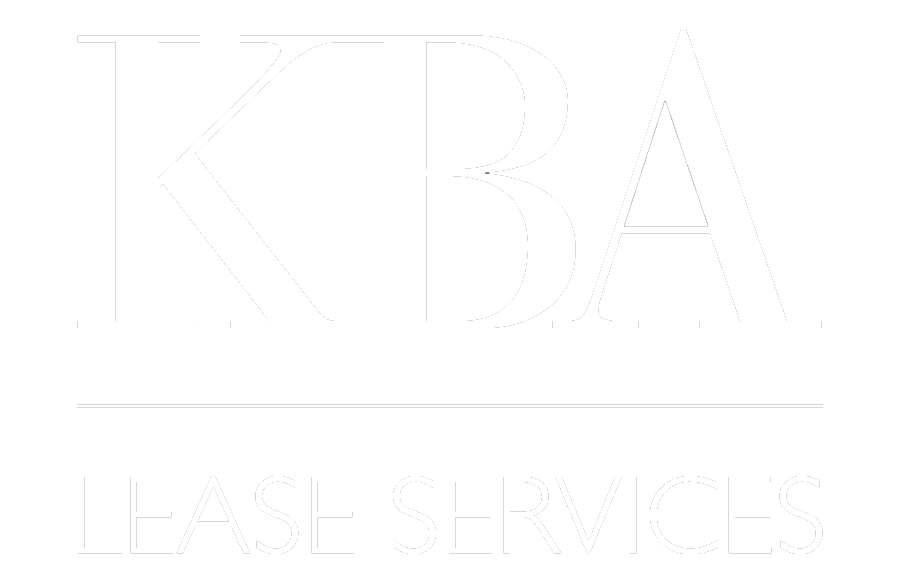Office buildings with vacancies often have distorted expense pass-throughs. This brief case study outlines why and how this can become an issue for tenants.
In 2009, ABC Company moves into a building that is only half occupied. ABC signs a 10-year base year lease, where it agrees to pay for increases in building expenses over time, with 2009 serving as its base year. The lease states that as building expenses rise from year to year, the landlord is to compare them to the expenses from 2009, and send ABC a bill for its share of the difference.
Over the next two years, the building starts to fill up as the landlord periodically leases out the remainder of the vacant space. By 2011, the building is 100% full. Everyone is happy, and everything feels right for each tenant, on every floor.
But something is wrong. For some reason in 2011, ABC receives a bill that is 10 times greater than expected!
How Did This Happen?
The landlord had .....

